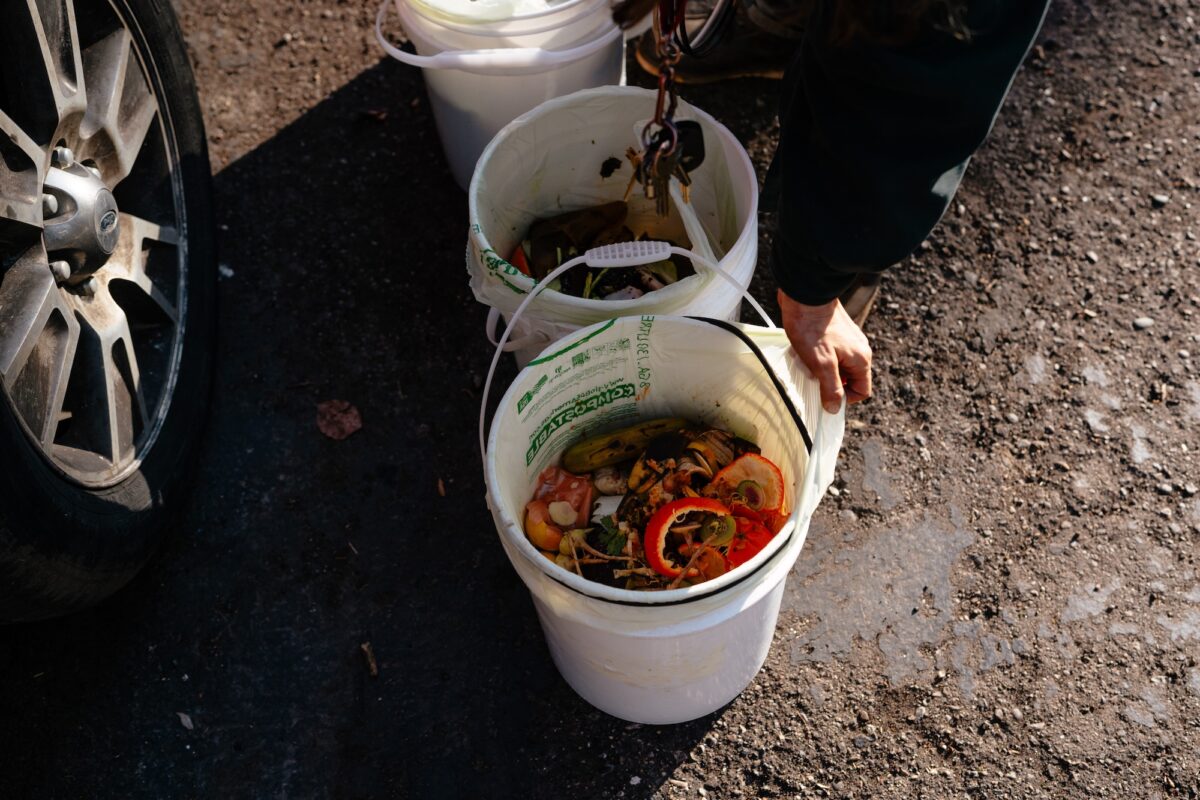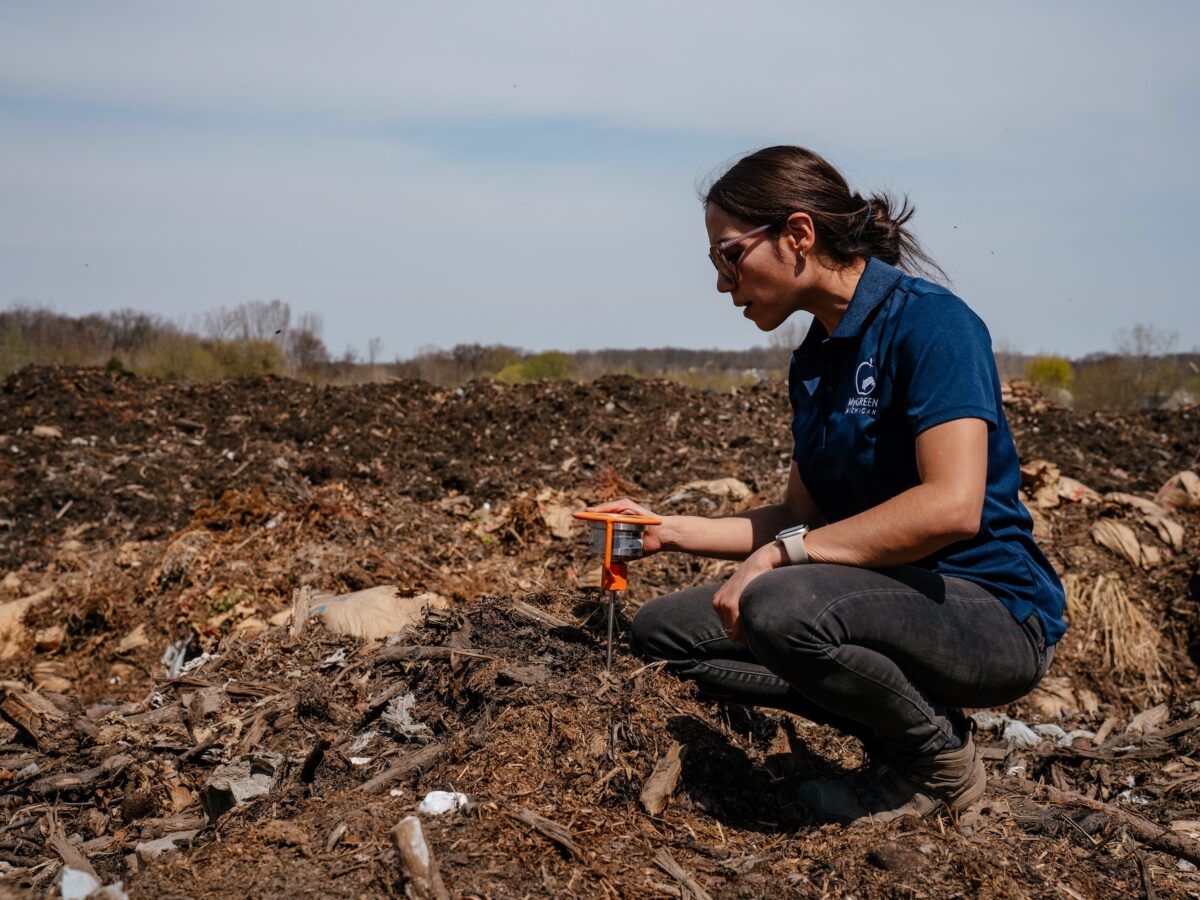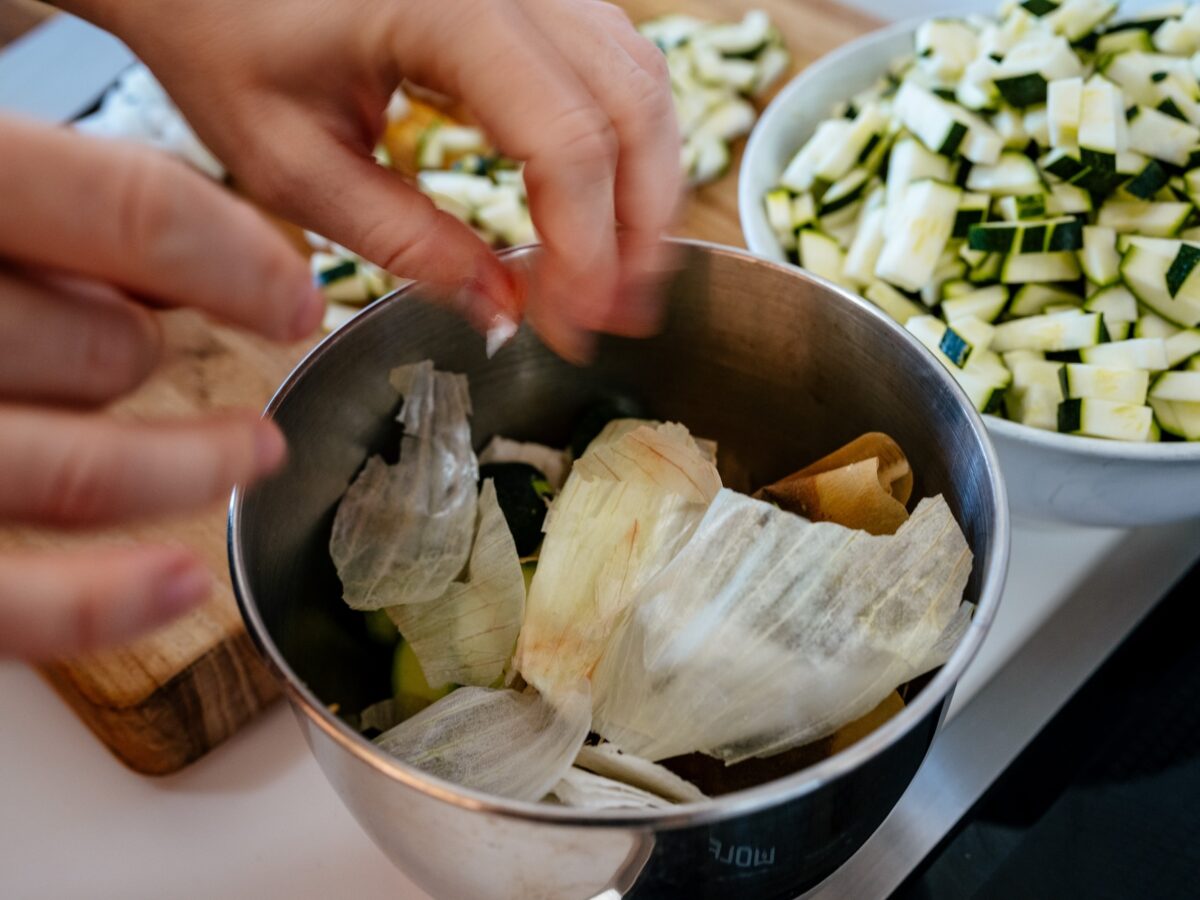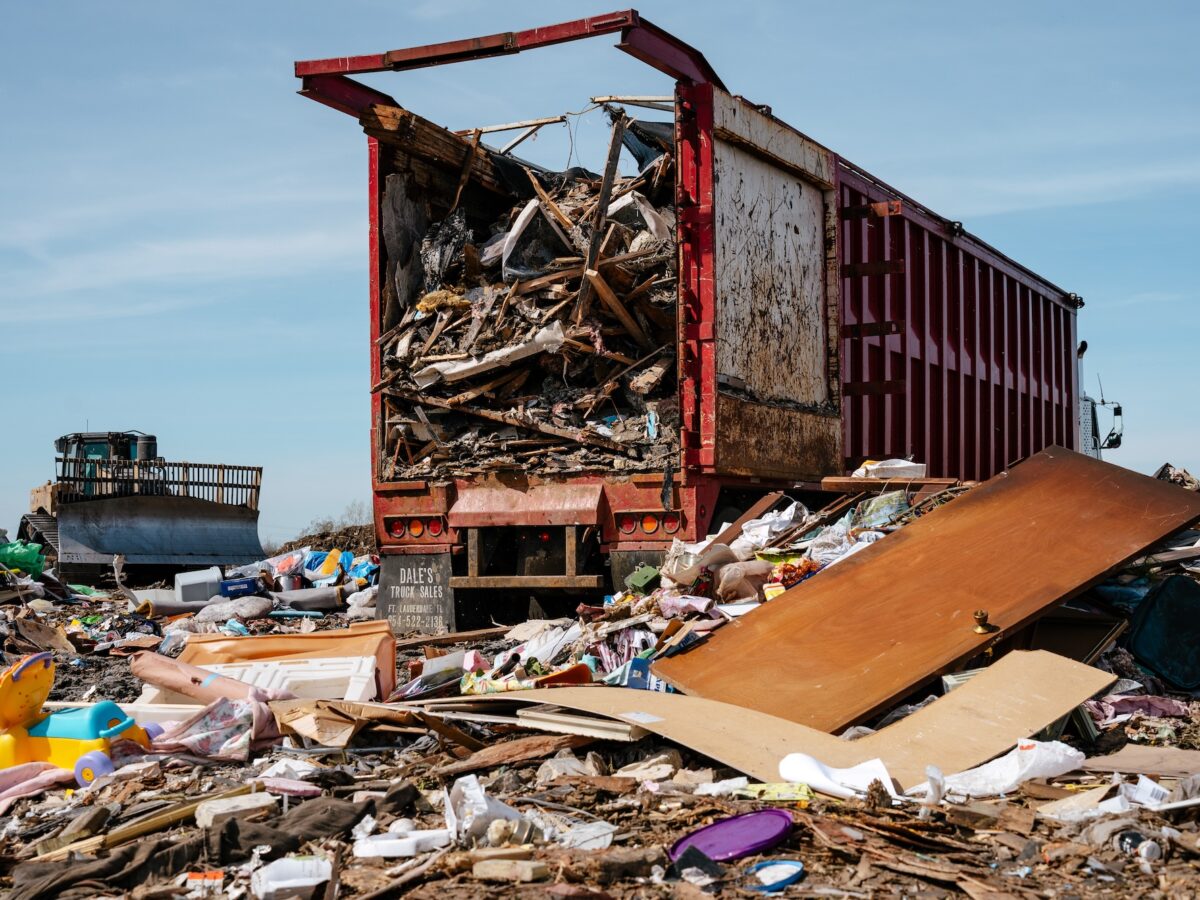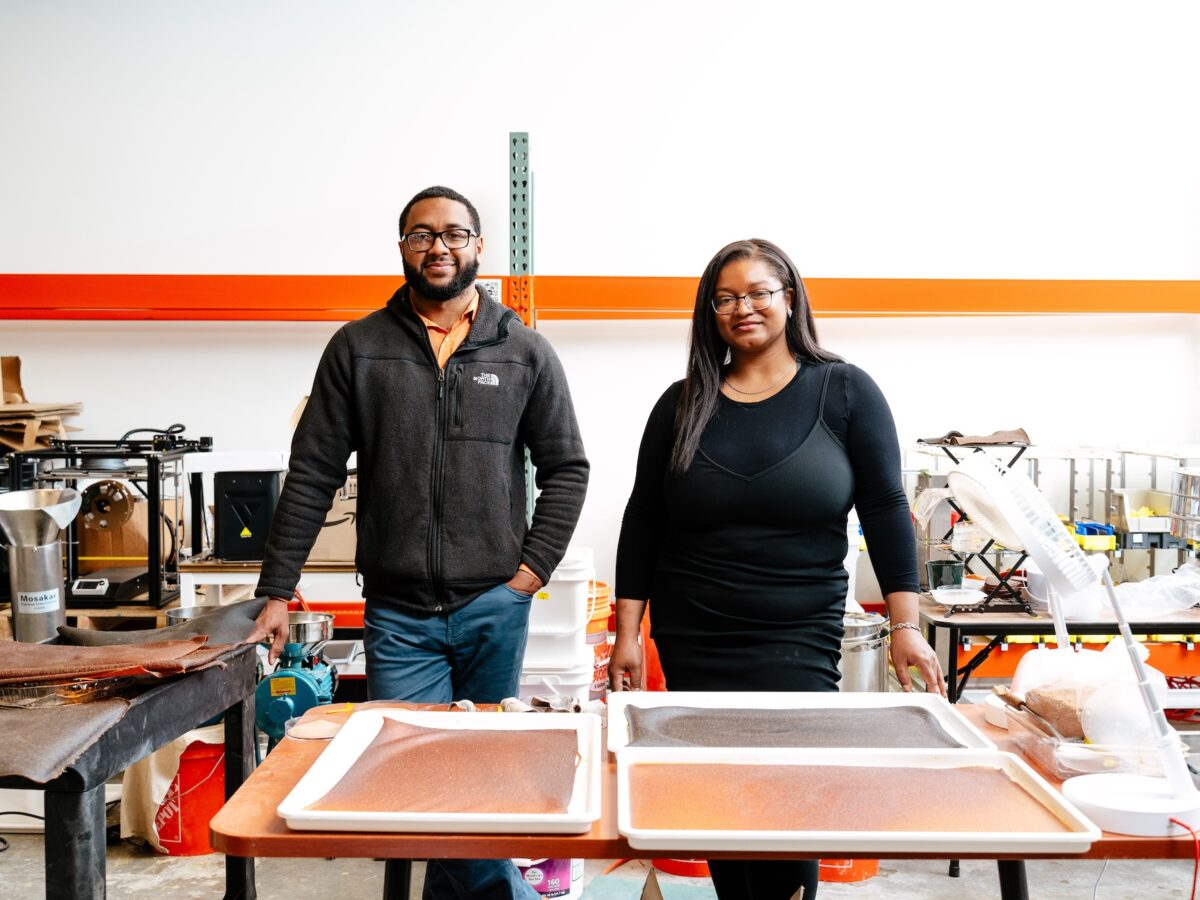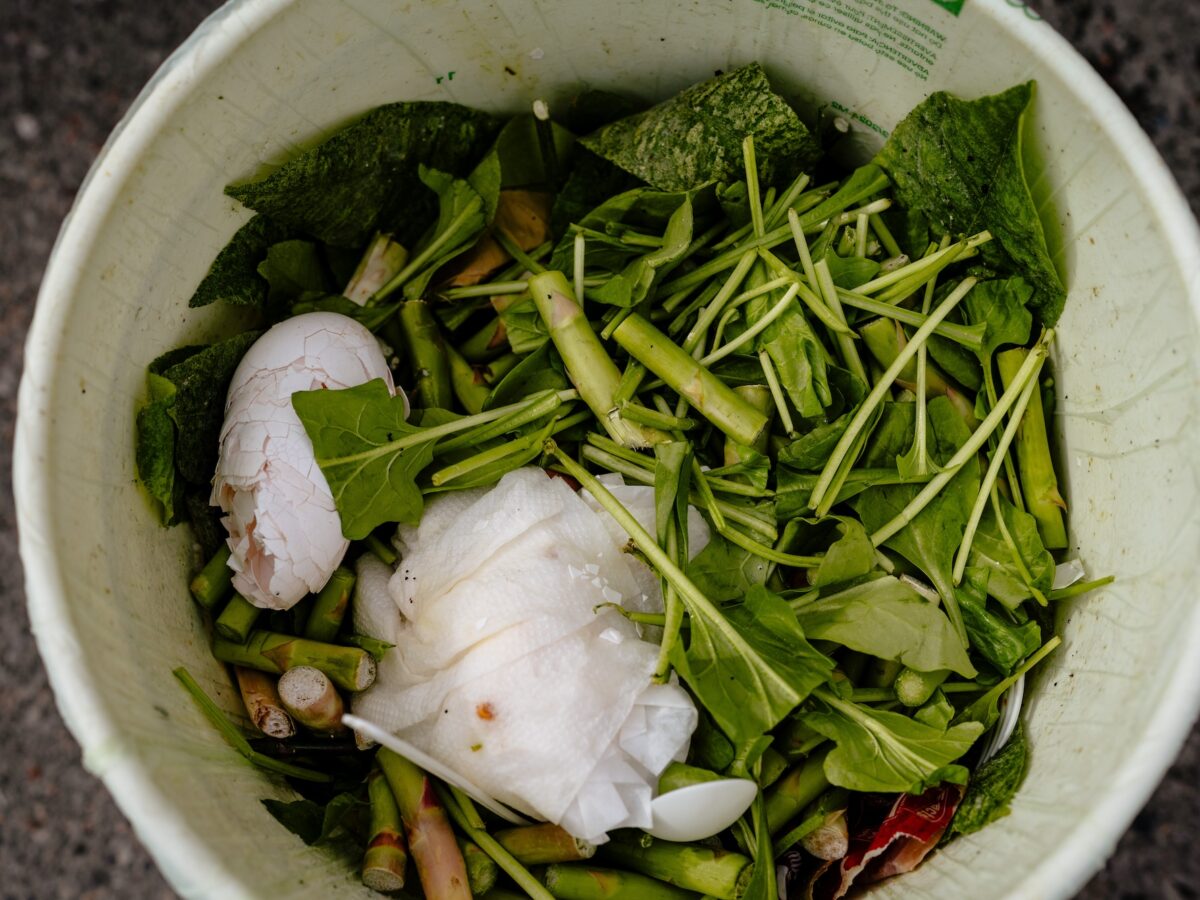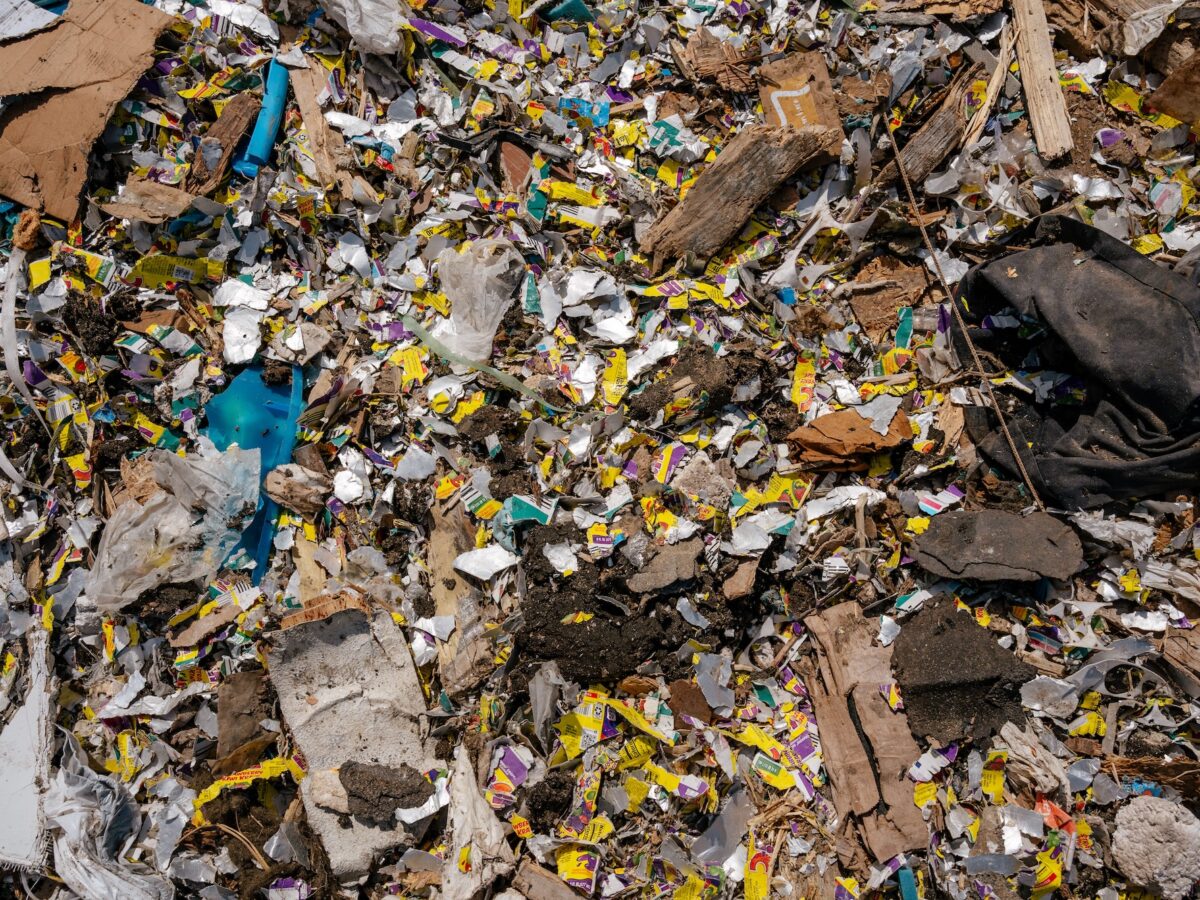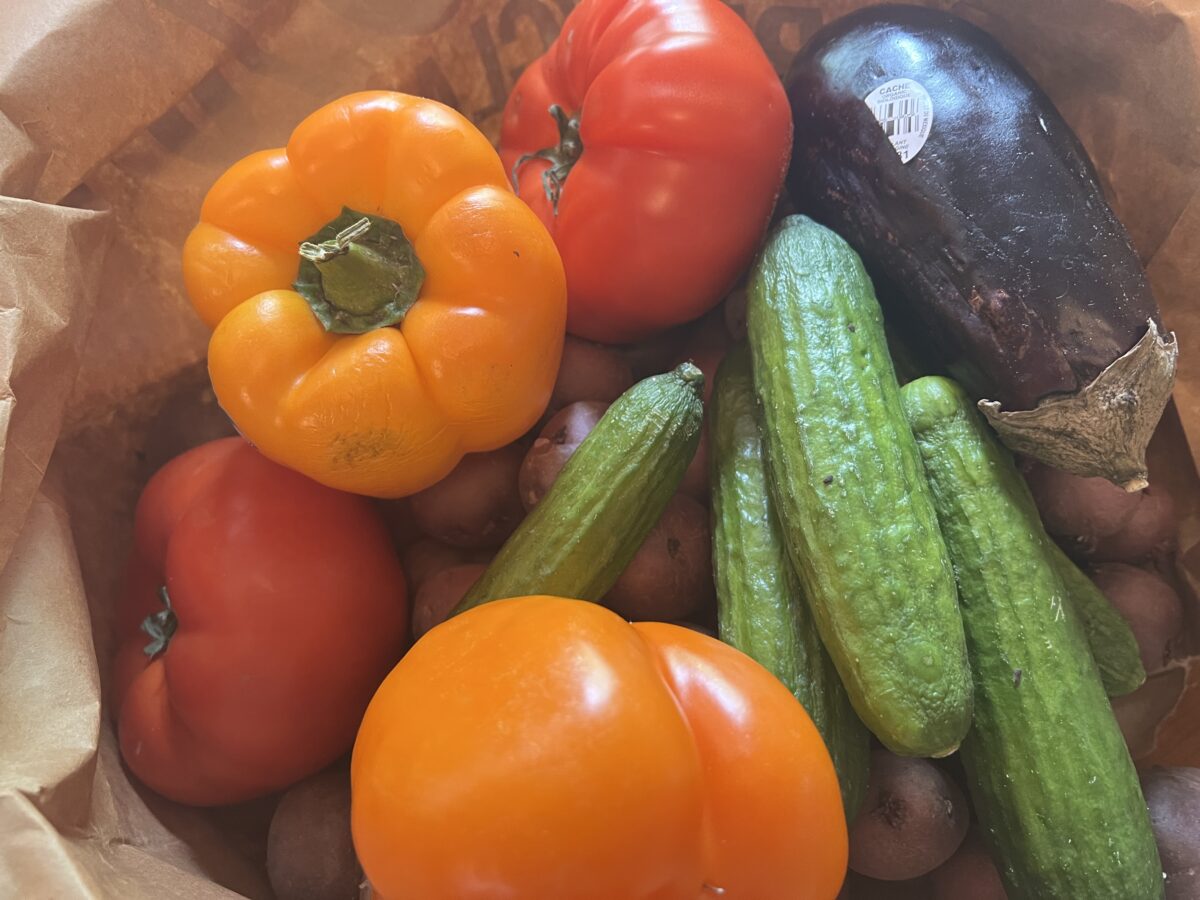For years, we’ve handed over responsibility for tackling climate change—to corporations, the federal government, and the international community. We’ve watched as global agreements took shape, corporations promised to change, and the federal government enacted new policies.
We were encouraged to reuse bags, drive less, and eat less meat, but we all felt the world was too complex for our local actions to matter. And now, as institutions around us fall one by one, we find ourselves left alone to face the effects of a hotter planet on our health and property.
Fortunately, local actions do matter—and now is our chance to act. And the best place to start is keeping our food out of landfills.
In Michigan, we landfill close to two billion pounds of food every year. It’s a staggering number—and it comes with major consequences. There are many reasons we waste food, but even more serious repercussions.
As food rots in our landfills, it releases methane, a greenhouse gas more potent than carbon dioxide. Methane from decomposing food accelerates global warming, contributing to flooding, power outages, and polluted air.
The waste of the resources that go into growing, processing, and moving food that we turn around and throw away reduces what’s available for future generations. And as landfills expand to meet the demands of waste, we add to water and air pollution, odors and long-term blight.
If that still feels like it’s happening outside of your daily life, consider the direct impact on your budget. The average Michigander spends $782 a year on food they don’t eat. Restaurants? They lose an average of 7% of their food budgets to waste.
An average restaurant spending $500,000 on food tosses $35,000 in the trash. When you scale that across the state, Michigan households lose $80 billion annually, and restaurants lose $700 million, just from uneaten food.
Add it all up, and it’s clear why Project Drawdown ranks food waste reduction as the top climate solution—and why Michigan has set a goal to cut food waste in half by 2030. The benefits to our health, economy, and future generations are so dramatic that it’s hard to argue that we continue to casually throw our food in the trash.
At Make Food Not Waste, we are helping Michigan keep food out of landfills. Our two Detroit Upcycling Kitchens transform hundreds of thousands of pounds of food that would otherwise be thrown in the trash into incredibly delicious community meals.
Our Every Bit Counts campaign works across Southeast Michigan, helping the 15 most populated cities develop the logistics, infrastructure, and funding needed to keep food out of landfills. We’re helping local government, businesses, schools and residents see food as something truly useful, not something that is “waste.” And we’re seeing results.
Which brings me back to your chance to change things. Whether you grow food, process it, serve it, sell it—or teach, govern, or fund sustainability work—you have a role to play. Most importantly, we all eat. No matter your role, you have the chance to keep food from going to waste, share food with people who need it, and turn scraps into valuable soil to grow more food.
We see people across the state taking this matter into their own hands. Volunteers are rescuing surplus food, local municipalities are setting up compost drop-off sites, and home cooks are learning how to use up everything they buy.
But we need you, too. We can and will keep our food out of landfills. This is our moment—and we’re the ones who can make it happen. Visit www.makefoodnotwaste.org to explore guides and tools for taking action.
This series, produced as part of the MIT Environmental Solutions Journalism Fellowship, investigates how Michigan’s food waste system contributes to climate change through landfill methane emissions—and explores the local solutions that could turn the tide. From farm to fridge to landfill, we examine how wasted food impacts our environment, economy, and communities, and highlight the people working to build a more sustainable, climate-friendly future. Published in partnership with Next City.

